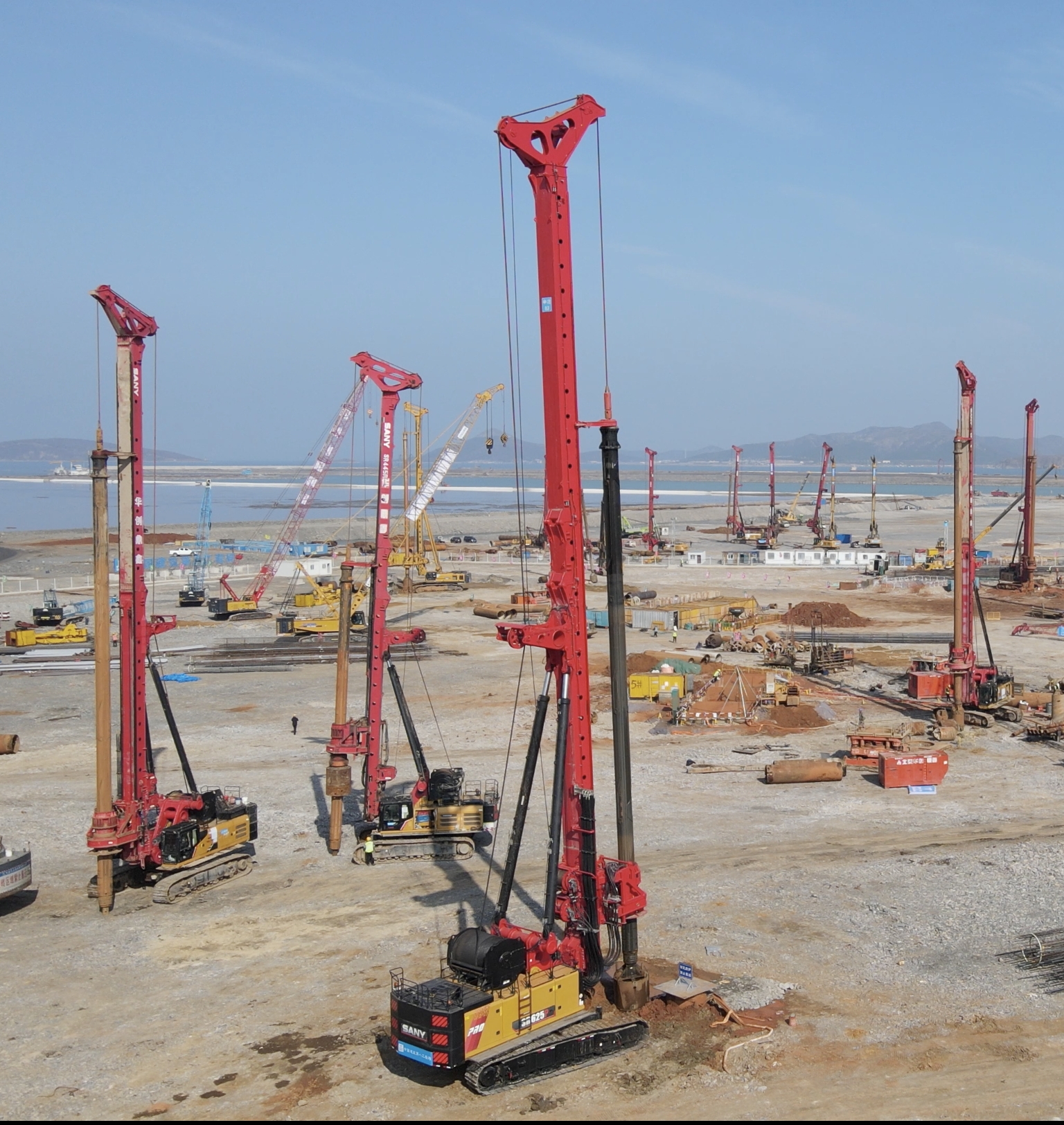

Advancements and Challenges in Geotechnical Engineering: A Technical Overview

Introduction to Geotechnical Engineering
Geotechnical engineering, also known as ground engineering, is a specialized discipline within civil engineering that deals with the study of soil and rock mechanics to assess their properties and behavior under various conditions. This field is fundamental in the design and construction of foundations, slopes, retaining structures, and other earthworks.
Recent Advancements in the Field
The field of geotechnical engineering has seen significant advancements in recent years, particularly in the areas of soil stabilization techniques and ground improvement methods. Innovations such as the use of geosynthetics and the application of nanotechnology in soil treatment have revolutionized traditional practices, offering more sustainable and cost-effective solutions.
Challenges Facing Geotechnical Engineers
Despite these advancements, geotechnical engineers face numerous challenges, including dealing with uncertain soil conditions and the impact of climate change on ground stability. These issues require a deep understanding of material science and innovative problem-solving skills to ensure the safety and longevity of structures.
Practical Solutions and Recommendations
To address these challenges, engineers are adopting advanced modeling software and real-time monitoring systems to predict and mitigate potential risks. Additionally, the integration of sustainable materials and practices is becoming increasingly important in minimizing environmental impact.
Common Questions
What is the importance of geotechnical engineering in construction?Geotechnical engineering is crucial in construction as it ensures the stability and safety of structures by analyzing and improving the ground conditions before building. Without proper geotechnical assessment, structures are at risk of failure due to unstable soil or unforeseen ground movements.
How does climate change affect geotechnical engineering?Climate change introduces new variables such as increased rainfall and rising temperatures, which can alter soil properties and lead to more frequent landslides or foundation failures. Geotechnical engineers must adapt their designs to account for these changing conditions to ensure long-term stability.








